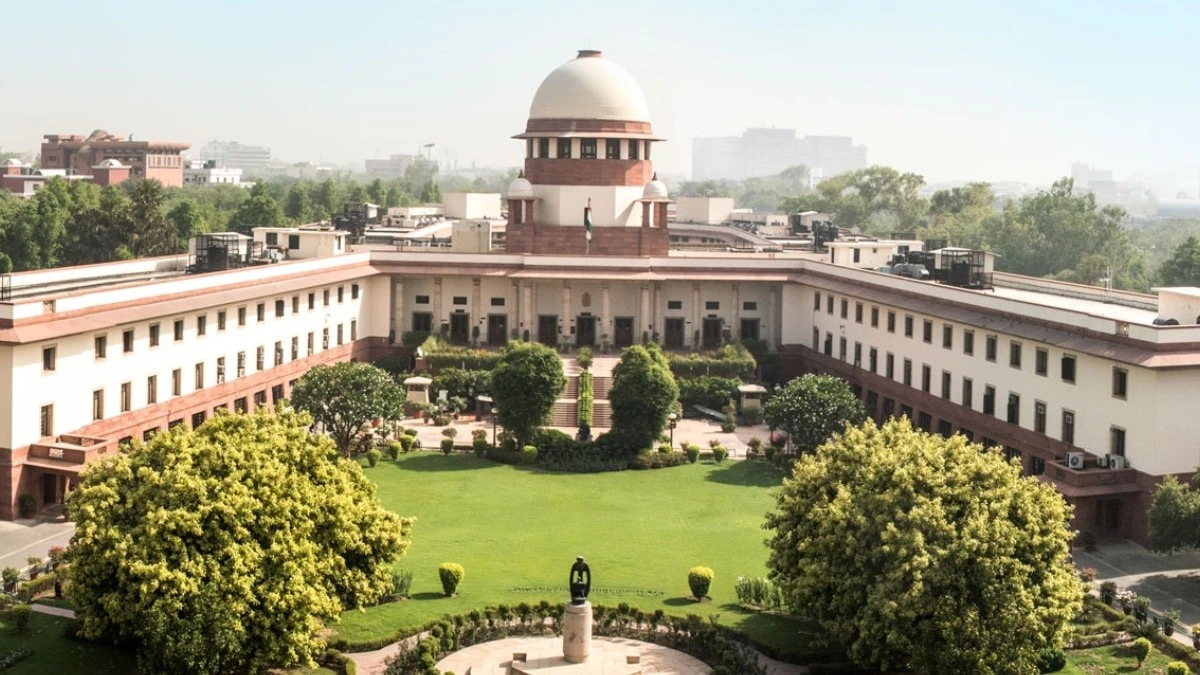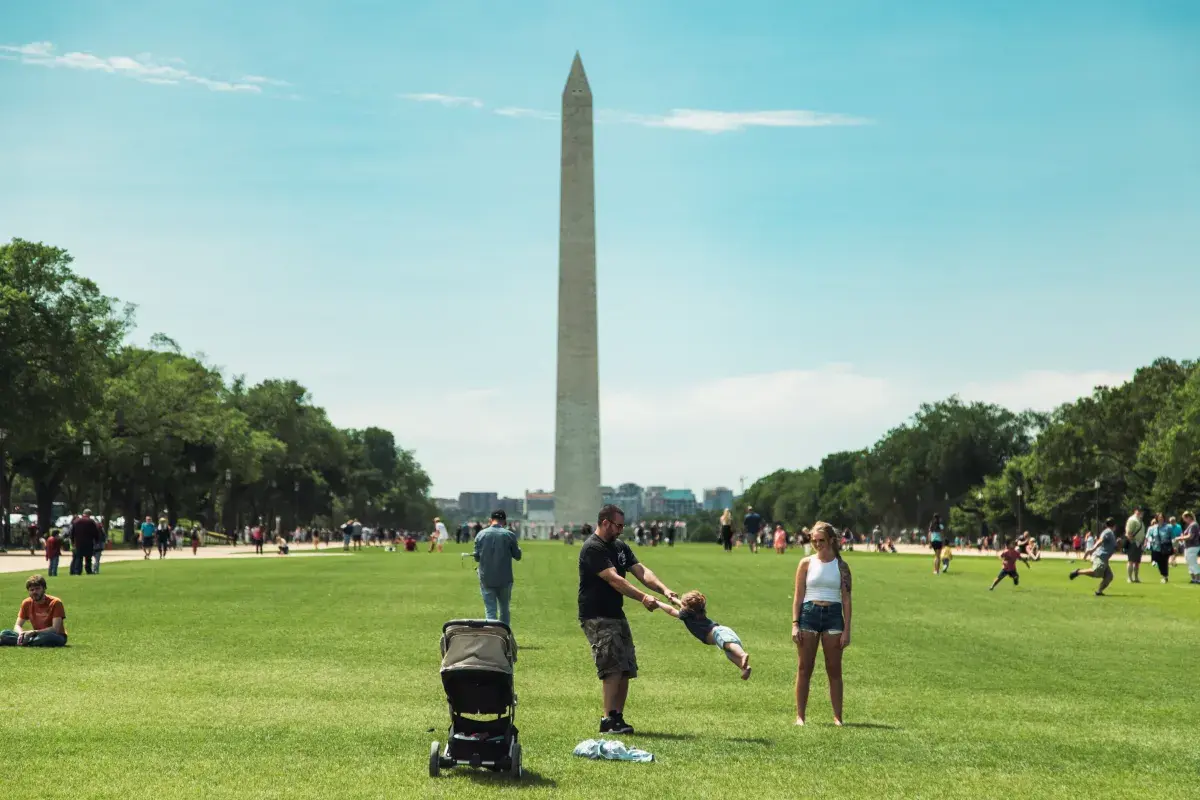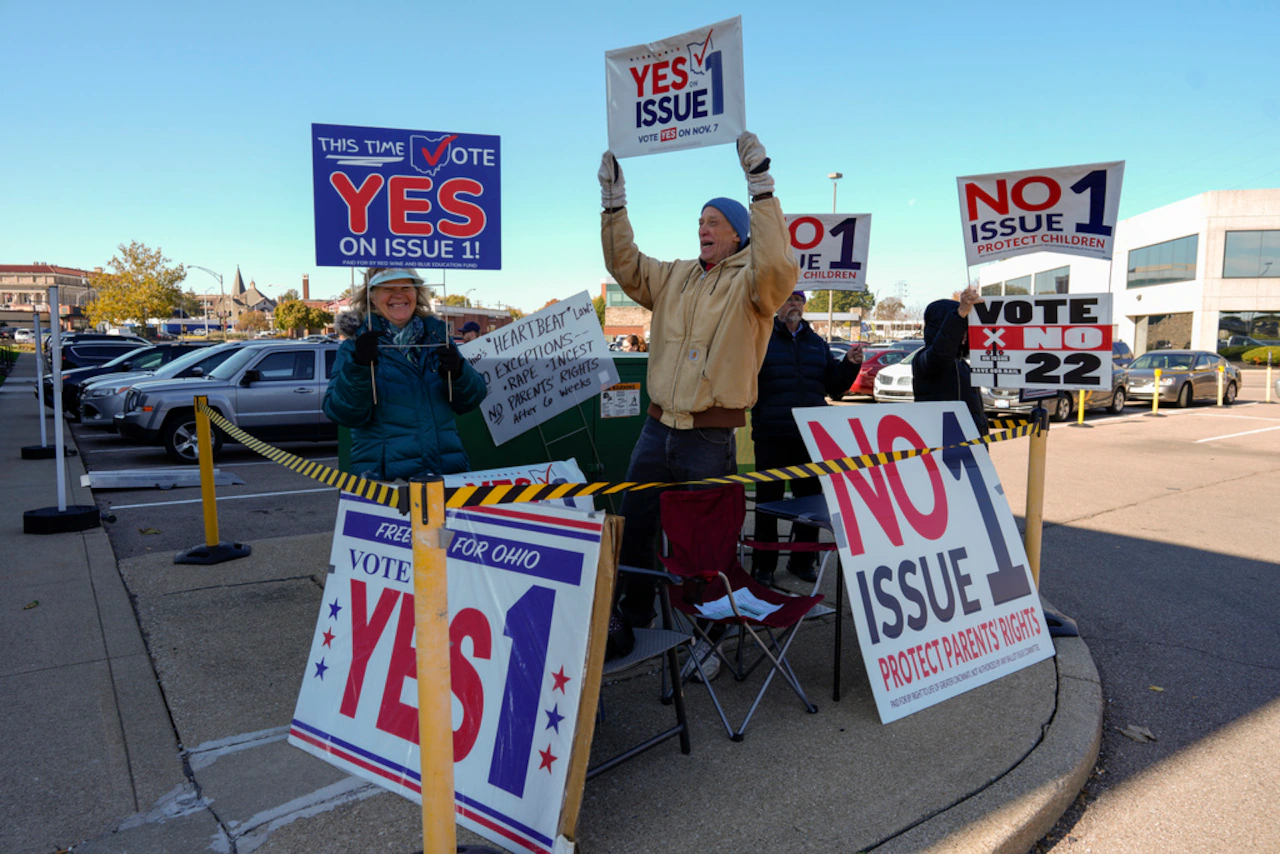By Srishti Ojha
Copyright indiatoday

The Supreme Court has set aside the bail orders granted to the accused in a cheating case and strongly criticised the manner in which the Additional Chief Metropolitan Magistrate (ACMM) and Sessions Judge handled the bail applications. The top court also directed both judicial officers to undergo special judicial training for a minimum period of seven days.The court said that it would be failing in its duty if it turned a blind eye to the way the ACMM granted bail and the Sessions Judge refused to interfere with that grant of bail. Taking into account the facts of the case, the court found it appropriate that the Judicial Officers who passed these orders undertake special training..preferred-source-banner{ margin-top: 10px; margin-bottom:10px;}The Supreme Court was hearing appeals against the Delhi High Court’s decision upholding bail granted by the ACMM and Sessions Judge at Karkardooma Courts.The accused couple stands charged with taking Rs 1.9 crore for land transfer, which was later found mortgaged and sold to a third party. They refused to return the money, leading to an FIR.The Chief Justice of the Delhi High Court has been requested to make suitable arrangements for such training at the Delhi Judicial Academy, with a particular focus on sensitising Judicial Officers about conducting judicial proceedings, especially in matters involving decisions of Superior Courts and the importance of giving proper weight to those decisions.The Judge chairing the Judicial Education & Training Programme Committee of the Delhi High Court has also been asked to be informed of the judgment.The court further noted that it cannot ignore the roles played by the Investigating Officers (IOs), and said that the stand taken by them before the courts below “speak volumes.”Accordingly, the Commissioner of Police, Delhi, has been directed to personally conduct an inquiry into the conduct of the IOs and take necessary action on a priority basis.The court criticised the considerations adopted by the ACMM in granting bail, describing the orders as perverse, and stressed that bail matters should be decided primarily on the facts and circumstances before applying legal principles.Given the facts of the case, the court said that bail ought not to have been granted.The Supreme Court clarified that its observations do not weaken the pro-liberty principles but serve as a reminder that courts below must apply these principles to the specific facts before them.The court found it surprising that the bail order dated November 10, 2023, did not examine the material available in the chargesheet against the accused.Furthermore, the court also observed that the way bail was granted exposed procedural irregularities at the grassroots level of the judiciary that cannot be overlooked.The court found no record showing the accused were formally released before the final order and questioned how they were allowed to leave without an official release.While bail granted without clear facts might usually go unchallenged, the court said this case’s facts warranted deeper scrutiny beyond usual principles.Additionally, the prosecution told the court that the accused are habitual offenders involved in similar frauds, having been convicted in two cases and facing six others.The court also noted that the accused had earlier secured interim protection in 2019 on the promise to mediate, but nearly four years later, no progress has been made.- EndsPublished By: Shipra ParasharPublished On: Sep 29, 2025Tune InMust Watch



